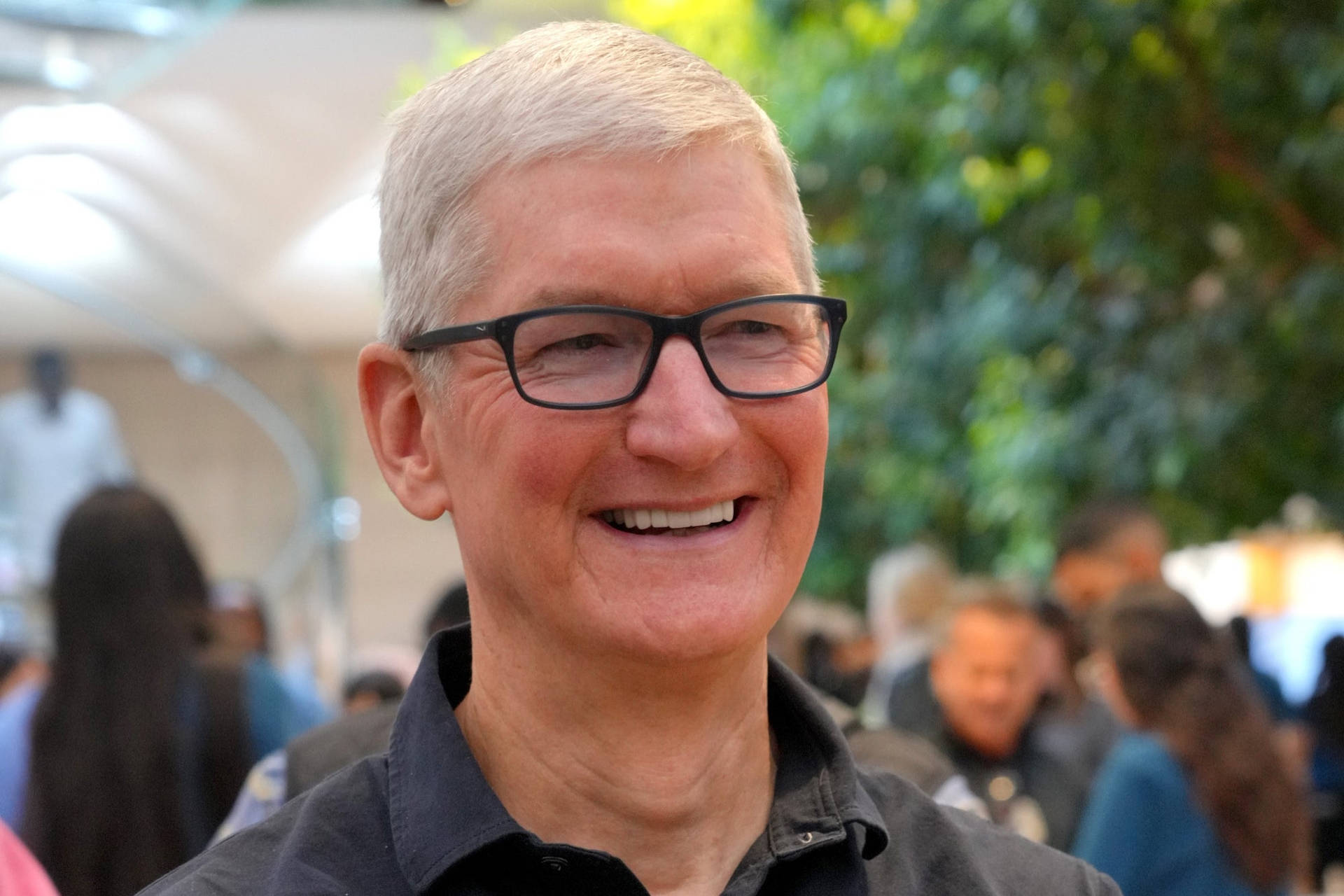Tim Robbins: An Enduring Presence In Film And Beyond
There's something truly special about actors who leave a lasting mark, isn't there? Tim Robbins, a name that probably brings to mind a whole host of powerful performances, has certainly done just that. For many years, he has graced our screens, bringing characters to life with a unique blend of intensity and warmth. We often feel a connection to these public figures, more or less like they are part of our extended family, watching their careers unfold over decades.
It's interesting, how some personalities just stick with us, almost like a favorite song. Tim Robbins is very much one of those figures. His work, whether it’s in front of the camera or behind it, tends to resonate deeply with audiences. You might find yourself thinking about a particular role he played long after the credits roll, which is that kind of impact we really appreciate.
Perhaps you’ve found yourself, like many, wondering what keeps an actor like him so relevant, so present in the cultural conversation. It's not just about the movies, you see; it's also about the stories they tell and the way they tell them. This article will explore the many facets of Tim Robbins’ career, from his early days to his most iconic roles, and even touch upon his influence off-screen. We will, quite simply, look at what makes him such a compelling figure.
Table of Contents
- A Look at Tim Robbins: His Life and Path
- Early Life and Beginnings
- Career Highlights and Notable Works
- Stepping Behind the Camera: Directorial Ventures
- Activism and Advocacy: A Voice for Change
- Personal Details of Tim Robbins
- The Public's Eye: Why We Connect with Actors
- Frequently Asked Questions About Tim Robbins
- Thoughts on a Lasting Legacy
A Look at Tim Robbins: His Life and Path
Tim Robbins has carved out a truly distinctive path in the entertainment world. Born in West Covina, California, his family moved to Greenwich Village, New York, when he was still quite young. This early exposure to the vibrant arts scene of New York City, with his father a folk musician and his mother an actress, probably shaped his artistic sensibilities from the very beginning. He was, in a way, steeped in creativity from a tender age.
Early Life and Beginnings
His early years were certainly influenced by his surroundings. Robbins began acting in theater productions when he was just twelve years old. He later attended the State University of New York at Plattsburgh for two years before returning to California to study at the UCLA Film School. This mix of East Coast theater and West Coast film education gave him a really broad perspective, which, you know, can be very helpful for an actor.
After college, he helped form the Actors' Gang, an experimental theater group in Los Angeles. This group, still active today, was a place where he could really hone his craft and explore different acting styles. It was, in some respects, a foundational period for his unique approach to performance. He was, as a matter of fact, building a strong base for his future work.
Career Highlights and Notable Works
Tim Robbins' film career really took off in the late 1980s. He gained widespread recognition for his role in the baseball comedy "Bull Durham" in 1988. This film showed his comedic timing and leading man potential, which, honestly, was quite a revelation for many viewers. It was a role that, you could say, put him on the map.
Then came a string of memorable performances. His portrayal of Andy Dufresne in "The Shawshank Redemption" (1994) is, without a doubt, one of his most beloved roles. That film, you know, has resonated with millions, offering a powerful story of hope and perseverance. It’s a movie that, apparently, just gets better with age.
He also delivered a chilling performance in "Mystic River" (2003), for which he won an Academy Award for Best Supporting Actor. This role showed his incredible range, moving from understated heroism to raw, emotional vulnerability. It was, quite simply, a masterclass in acting. His ability to convey deep feeling, even when saying very little, is something truly special.
Other significant films include "Jacob's Ladder" (1990), a psychological horror that really stays with you, and "The Hudsucker Proxy" (1994), where he showed his knack for quirky, stylized comedy. He has, in short, proven himself capable of tackling nearly any genre, which is a rare gift for an actor. We've seen him in so many different kinds of stories, and he always seems to fit right in.
His work often explores themes of justice, freedom, and the human spirit, which, you know, are pretty big ideas. He tends to choose projects that have something meaningful to say, and that’s something his fans really appreciate. It’s not just about entertainment; it’s about provoking thought, too.
Stepping Behind the Camera: Directorial Ventures
Beyond his acting, Tim Robbins has also made a significant impact as a director. He directed "Bob Roberts" (1992), a satirical mockumentary about a right-wing folk singer running for office. This film, quite frankly, showed his sharp political wit and his ability to craft a compelling narrative. It was, arguably, ahead of its time in many ways.
His most acclaimed directorial effort is "Dead Man Walking" (1995), a powerful drama about a nun who counsels a death row inmate. This film earned him an Academy Award nomination for Best Director and Susan Sarandon an Oscar for Best Actress. It’s a very moving film, and it really showcases his skill at handling sensitive, complex subjects. That film, you know, sparked a lot of conversations.
He also directed "Cradle Will Rock" (1999), a historical drama about a controversial 1930s musical. This project, too, reflected his interest in social commentary and the intersection of art and politics. He has, apparently, a real knack for bringing historical moments to life with a fresh perspective.
It's clear that his vision extends beyond just performing; he has a genuine desire to tell stories that matter. This dual role, as both an actor and a director, gives him a truly comprehensive understanding of filmmaking. He can, in a way, see the whole picture, which is pretty cool.
Activism and Advocacy: A Voice for Change
Tim Robbins is also well-known for his outspoken political and social activism. He has been a vocal critic of various government policies and has often used his platform to advocate for causes he believes in. This isn't just a recent thing, either; he's been consistent in his beliefs for many years. It’s something that, you know, makes him stand out.
His activism often mirrors the themes in his work, especially in films like "Bob Roberts" and "Dead Man Walking." He has spoken out on issues ranging from the Iraq War to corporate greed and social justice. This commitment to using his voice, even when it might be unpopular, is a defining characteristic of his public persona. He, quite simply, isn't afraid to speak his mind.
We see this sort of public engagement from other figures too, like when Tim Walz, for instance, spoke his mind about certain political groups. There's a shared sense among some public figures that they have a responsibility to address important societal issues. Robbins, in some respects, embodies this idea, showing that actors can be more than just entertainers; they can also be important voices in public discourse. He, arguably, sets a good example for others.
He has participated in protests, spoken at rallies, and consistently supported organizations working for peace and justice. This dedication to making a difference, off-screen, adds another layer to his already impressive career. It shows that his passion for storytelling extends to real-world issues, which, you know, is really something.
Personal Details of Tim Robbins
While Tim Robbins is a public figure, he has generally kept his personal life quite private. However, some details are widely known and contribute to the public's understanding of him. People are often curious about the lives of those they admire on screen, which, you know, is a natural human tendency.
Here’s a quick look at some general information:
| Full Name | Timothy Francis Robbins |
| Date of Birth | October 16, 1958 |
| Birthplace | West Covina, California, USA |
| Occupation | Actor, Director, Screenwriter, Producer, Activist |
| Notable Partner | Susan Sarandon (long-term relationship, 1988-2009) |
| Children | Two sons with Susan Sarandon |
| Height | Approximately 6 feet 5 inches (1.96 m) |
His long-term relationship with actress Susan Sarandon was, for many years, a notable aspect of his personal life. They were a prominent couple in Hollywood, often seen together at events and known for their shared political views. Their partnership, in a way, seemed to symbolize a certain kind of intellectual and artistic alliance in the film world.
Like any public figure, there's always a level of curiosity about their private moments. Sometimes, there are things, perhaps something a little embarrassing, that a partner might prefer to keep out of the public eye. It's just a part of being in the public sphere, I guess. We see this with many celebrities, where their private lives become topics of discussion, even for things like, you know, someone's insanely white teeth. It's weird for many reasons, the way people focus on such small things.
Despite the public interest, Robbins has managed to maintain a relatively low profile when it comes to his personal affairs, choosing to focus on his work and activism. He, quite frankly, seems to value his privacy, which is something many can relate to. It’s a balance, I suppose, between being a public figure and keeping a personal life.
The Public's Eye: Why We Connect with Actors
There's a fascinating dynamic between the public and actors. We see them on screen, giving us glimpses into different lives and stories, and we start to feel a connection. It's almost as if they become familiar faces, people we know, even though we've never met them. This is why, you know, when we hear about actors like Tim Daly and Tea Leoni, there’s a genuine sense of happiness for them. It’s like celebrating friends.
Sometimes, we even develop a kind of idealization, like when someone says Tim Daly during the "Wings" era is their ideal husband. We, you know, bask in the glow of a gorgeous face, and that's just human nature. This admiration, however, can also come with scrutiny. People often comment on appearances, or wonder about the personal relationships between them, if any. It's a curious thing, this public fascination.
The sentiment of "I know many of you miss Tim" from our text is something that truly resonates when we think about actors who might not be as visible as they once were. It’s not about them being a direct "mentor" in the way a designer might need one, but rather about the collective memory of their performances and the impact they had. We miss the feeling they gave us, the stories they helped tell. This sense of nostalgia, you see, is a powerful thing.
When actors face professional setbacks, like when Tim Gunn felt devastated after being left out of a project, it also affects us. We feel for them because we’ve invested emotionally in their public personas. It’s a reminder that even those in the spotlight experience the ups and downs of life and career. There was, in a way, hope in the air for the first time in what felt like, when we saw certain figures succeed, and then sometimes, that hope shifts.
Ultimately, the connection we feel with actors like Tim Robbins is multifaceted. It's about their talent, their choices, their public stance, and even the private glimpses we get. They reflect aspects of our own lives and aspirations, making them more than just performers; they become, in a sense, cultural touchstones. Learn more about actors and their impact on our site.
Frequently Asked Questions About Tim Robbins
People often have questions about actors, their lives, and their work. Here are a few common inquiries about Tim Robbins, which, you know, come up quite a bit.
Is Tim Robbins still acting?
Yes, Tim Robbins continues to act, though perhaps not as frequently as during his peak film career. He has taken on roles in television series and independent films, and he remains involved with theater. He, quite simply, keeps working on projects that interest him.
What are Tim Robbins' most famous movies?
His most famous movies are generally considered to be "The Shawshank Redemption," where he played Andy Dufresne, and "Mystic River," which earned him an Academy Award. Other well-known films include "Bull Durham," "Jacob's Ladder," and "The Hudsucker Proxy." These films, you know, really stick with people.
What is Tim Robbins known for besides acting?
Beyond his acting, Tim Robbins is widely recognized for his work as a director, particularly for films like "Dead Man Walking" and "Bob Roberts." He is also a prominent political and social activist, often speaking out on various issues. He has, in some respects, made a name for himself in many different areas.
Thoughts on a Lasting Legacy
Tim Robbins has truly built a career that stands the test of time. From his compelling performances to his thoughtful directorial efforts and his unwavering activism, he has shown a remarkable commitment to art that matters. He is, in a way, a testament to what an artist can achieve when they combine talent with conviction. His presence, you see, is something that has certainly shaped a lot of cinematic moments.
His work continues to resonate, sparking conversations and offering different perspectives on the human experience. It’s a career that, you know, offers much to consider, whether you’re watching one of his classic films or exploring his more recent projects. We, as viewers, are fortunate to have such dedicated storytellers. We can, for example, continue to explore his filmography and discuss his impact on cinema and society. You can also find more details on his work on this page his filmography.

TIM Group | TIM: Board of Directors approves TIM’s 2024-2026 ‘Free to

Download Apple CEO Tim Cook Captured in Action Wallpaper | Wallpapers.com

14 Facts About TIM - Facts.net